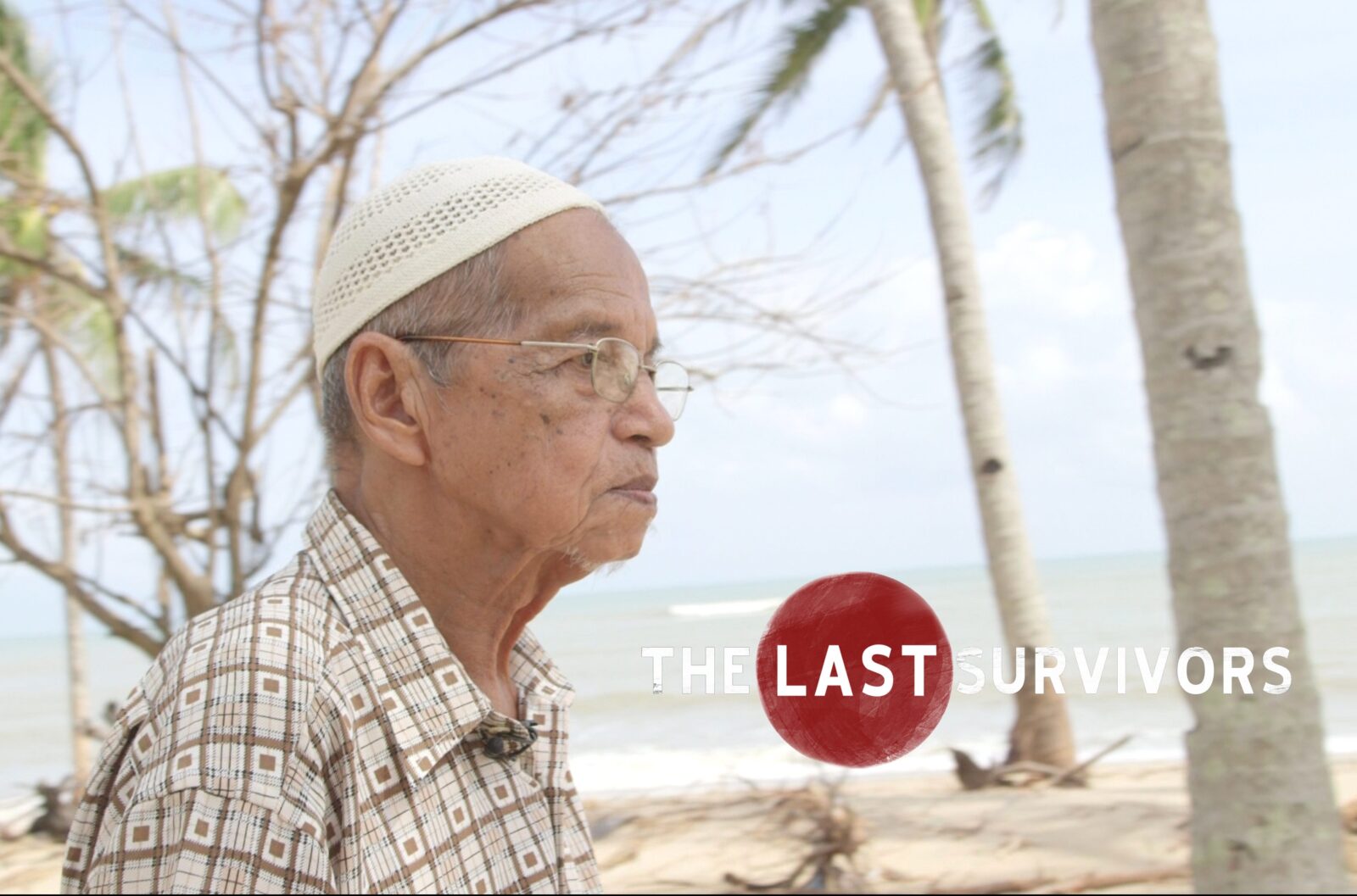On Dec 8, 1941, Omar Senik was hanging out at Sabak Beach, Malaya, singing songs with the British Indian troops stationed there.
And out of nowhere, World War II started unfolding before his eyes.
An hour before the attack on Pearl Harbor, the Japanese attacked Malaya first, landing on Sabak Beach, before marching ominously towards Singapore.
Omar remembers that there were rumours that the Japanese were coming, but the people in his village decided to stay.
“People from Kota Baru came running, telling us the Japanese were here, but we didn’t believe them,” said Omar. “Some people continued to sleep.”
But as Omar sang with the troops, as he did very often, the invasion began. He ran for his life as bullets flew overhead.
Some villagers tried to escape on their boats down the river, but Ms Kawasaki, a Japanese spy who had been living in the village for years, stopped them.
“The villagers tried to escape by boat, but Mr Kawasaki stopped us,” he said. “Kawasaki used to give sweets to the children, so we were very shocked to see him leading the Japanese troops up the beach.”
Kawasaki told the villagers to dig trenches to protect themselves. Omar remembers dig furiously with his bare hands. He was too afraid to run for his shovel.
By the time the battle was over, most of the soldiers Omar had been singing with were dead. He recalls watching the Japanese soldiers chasing after the women of the village.
“There were bodies everywhere on the beach. I was a fisherman back then, and nobody wanted to eat fish after that because of the bodies,” said Omar.
That would prove to be just the beginning of a nightmare that would last almost five years. During the Japanese Occupation, the people never had enough food. They survived almost entirely on tapioca and bits of rice as their paddy fields and houses were pillaged by Japanese troops.
Things were so bad, Omar tried to run away to Thailand with his uncle, but they were captured by Thai troops and put in jail.
“They put chains on my legs so I couldn’t run. When my uncle escaped, they increased the jail time for his three sons who were also in jail.”
Thankfully, Omar’s family went to Thailand to bail him out, and he returned to Sabak Beach, where he resumed work as a fisherman until the day he retired.
In late 1945, Japan lost the war. The final signing ceremony in Kuala Lumpur confirming Japan’s surrender in Malaya was signed not long after, 70 years ago, on Feb 22, 1946.
Even though Omar was spared many of the horrors others in Malaya went through during the Japanese Occupation, the war still left a huge impact on him.
“The younger generation needs to know these stories, because these things might happen again,” he said. “They should do whatever they can to avoid war, because to live in peace is a blessing. That’s all I would say to them.”


Leave a reply